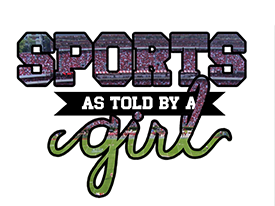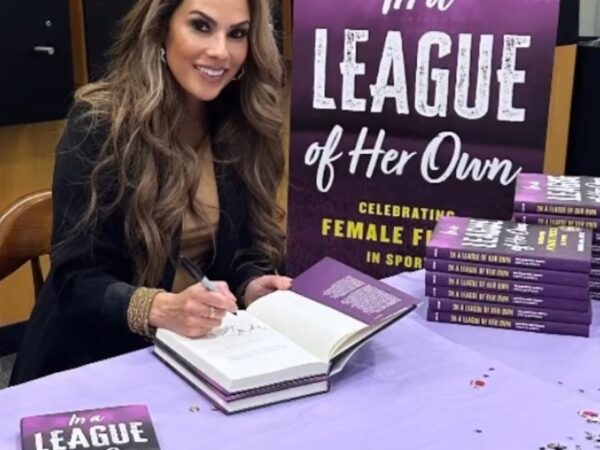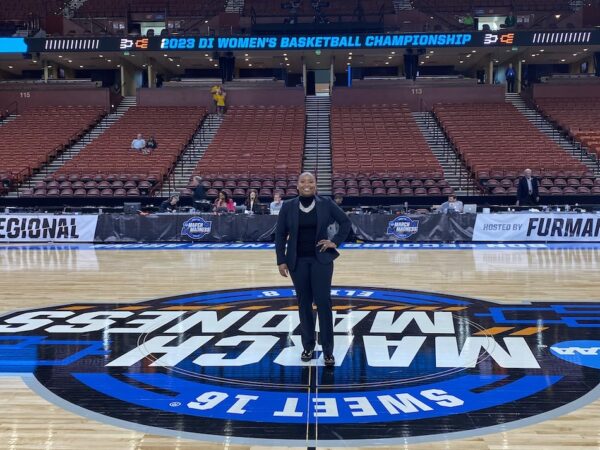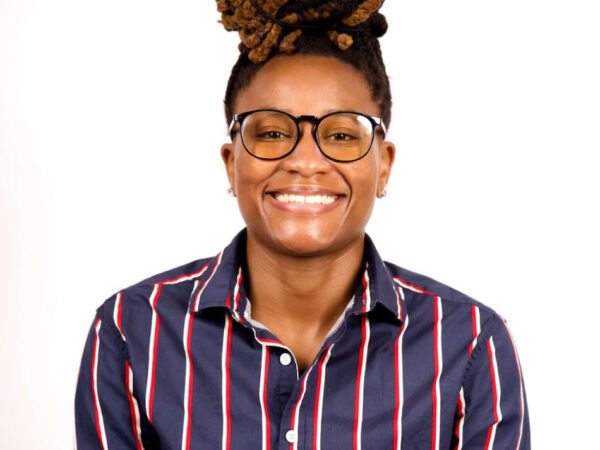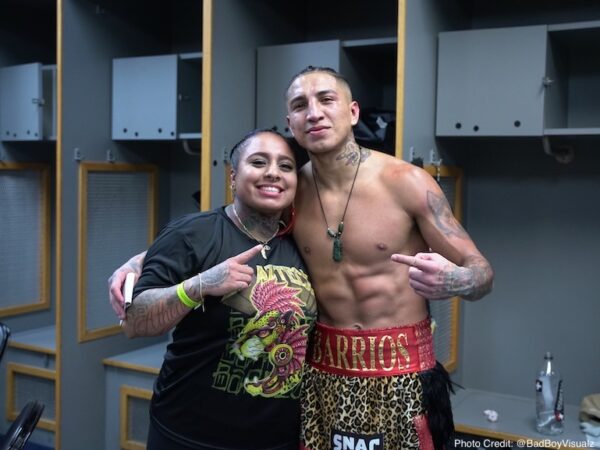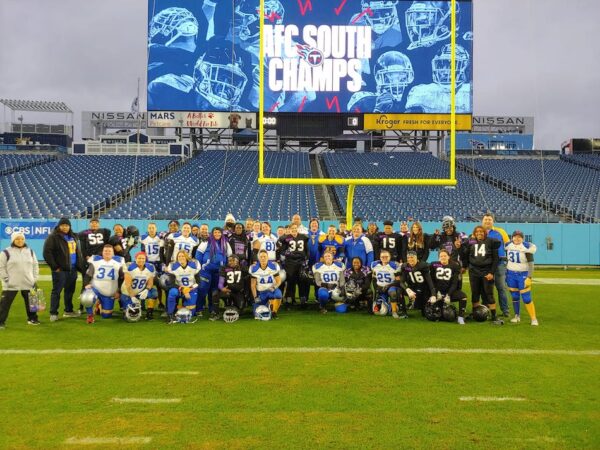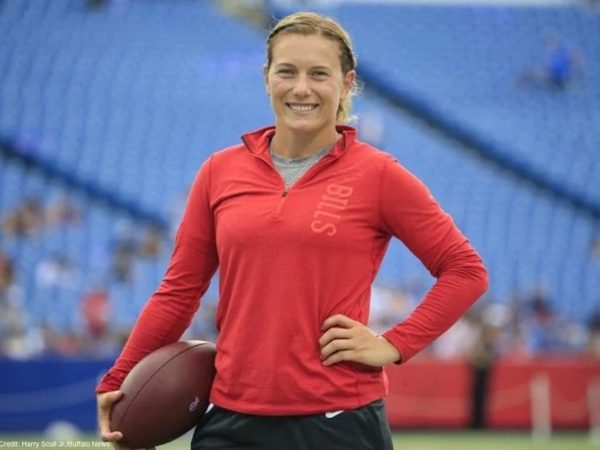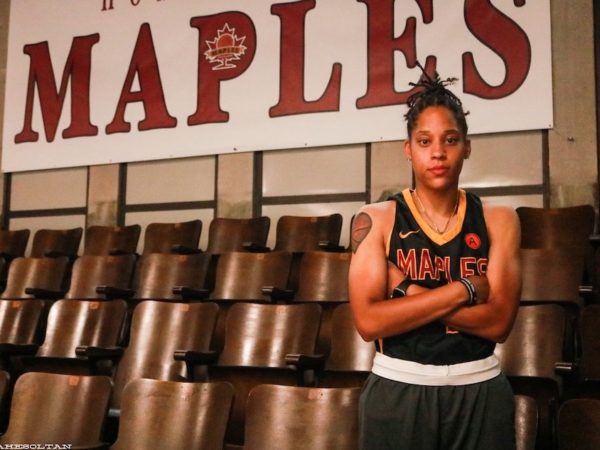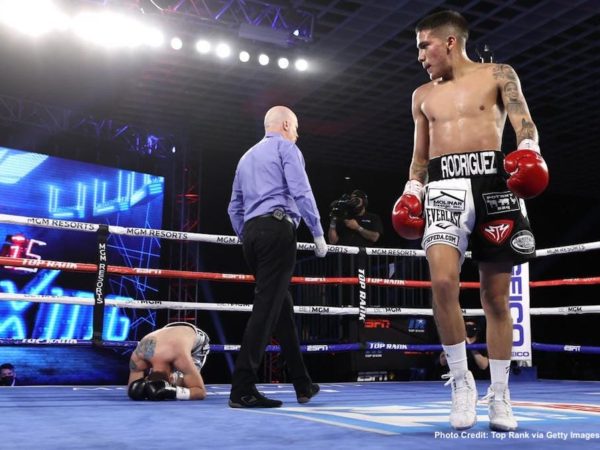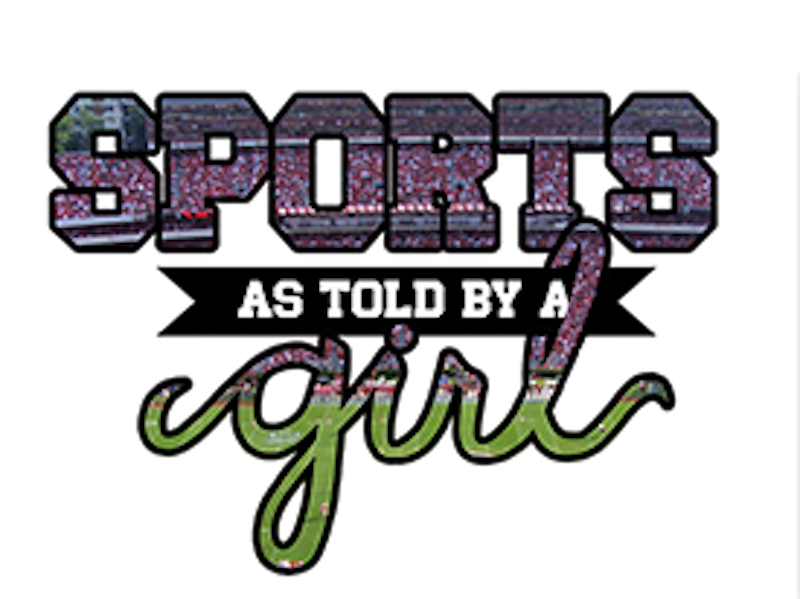In a sport that still has much to learn when it comes to inclusion and ending racism, professional hockey player Saroya Tinker has taken her own experiences throughout her career to speak out and help grow that next generation of BIPOC (Black Indigenous People of Color) players. Tinker is part of the Black Girls Hockey Club, helping raise money for scholarships as well as a mentor for girls ages 11-17. Her first season with the Riveters was cut short due to COVID-19 much like everything else, but she took it in stride.
During the interview, we discuss where her journey of hockey began, what her future will be with the NWHL, how one can help support making hockey more inclusive and even more!
First of all, most importantly how are you? How was bubble life?
Yeah, I’m actually doing really well! I think I was in a little bit of a slump probably about two weeks ago, but since then I’ve kind of recuperated and been feeling really blessed and kind of glowing lately.
It was a really good experience. I think that my league did a really good job of organizing it. Unfortunately, we did have to step back as a team and kind of recuperate and regenerate, as a lot of people ended up being sick. But, I thought it was great. I mean, being in the bubble was lonely at times, but at the same time, it gave me a lot of room to kind of reflect and do yoga in my hotel room. Little things like that. I think it was all around an awesome experience. And as lonely as a bubble can be, I think they did a great job.
Tell us about yourself. How did your love of hockey begin?
I grew up playing, just outside Toronto in Oshawa, Ontario. My dad grew up playing in Scarborough and my mom grew up in Oshawa, but my dad’s black, my mom’s white. My dad really found a love for the game, playing in Scarborough, playing road hockey, roller hockey, ice hockey, all that. He never really played at a high competitive level or anything but had a really high-level love for the game. Unfortunately, within the Scarborough region, he did experience some racism within the game and it made him want to put his kids in it even more so myself and my three brothers, we’ve all played. I’m playing professionally now. My older brother, he’s moved on in life and my 20-year-old brother was more focused on basketball, but the 10-year-old, he’s crazy about hockey and models his game a lot after me.
Skating was something that kind of came naturally to me. I think in Canada, everybody kind of says, you’re born with skates on. Everybody knows how to skate here. It’s just a thing to do. So, for me, I found skating and being on the ice was definitely a big outlet for me, and then came hockey. But I remember times in high school, if I was stressed about an exam or just needed a study break, I would just go to the rink by myself…just skate and do laps by myself. So skating’s always been an outlet, but hockey hasn’t necessarily always been.
Describe the moment of finding out you got drafted by the Riveters.
I actually was planning on ending my career when I graduated from Yale, but my coach that I had my senior year really pushed me to kind of want to play professionally. He definitely encouraged me and let me know that I’m a professional-level player and the league should have me. With that, I made the decision to enter the [NWHL] draft. I was very hesitant about it and kind of put it in my back pocket. Didn’t want to think about it until I got the news that Renee Hess from Black Girl Hockey Club was announcing my fourth overall draft pick. I was very excited but overwhelmed, just didn’t realize how much I would be valued within the league and especially within the Riveters program. That was definitely exciting and a great way to start my professional career.
Where do you see yourself for the NWHL in the next five years? Are you still playing or stepping back and continuing mentoring?
Yeah, I honestly haven’t given that much thought, but I think just for now I’m still training and still staying ready so I don’t have to get ready if I do plan on playing again. But at the same time, I think I’ve been comfortable using my voice within hockey because I’m playing for the girls behind me now. As much as I have loved the sport or not loved the sport growing up, I think I’ve realized that I’m no longer at the rink and showing up and putting that work in solely for myself. But now it’s for the other girls too, which leads me to want to mentor them and create that networking platform and everything so that they can follow and have that career in the NWHL if they hope to, and make that living wage by the time that they’re there and they’re playing.
I think that’s really my goal at this point is to further the game, especially the women’s game. Just continue from there and kind of see where the path leads. If I’m playing in five years, then I’m playing. If I’m not, I’m not.
You have started mentoring young women ages 11-17. How is it?
It initially really just started with me being super bored in COVID and realizing that, I mean, I grew up in Oshawa, Ontario. I was always a very focused individual, which led me to not really have many friends or hang out with people very often. I think that my athletic career and just me as a woman, I think my pathway would have been a lot different if I had that friend or that older black woman to look to and talk to. Obviously, my mom was there for me, but my mom’s white. I never really had that older black woman. I know I have my grandma on my dad’s side and all those other black women in my family, but at the same time, I think that young black girls, they need that friend. That person that they feel like they can go to.
Through my senior year, I spent a lot of time with Kiersten Goode. She was a freshman when I was a senior at Yale and I really took her under my wing as like my little sister. I really looked after her, her freshman year. We were really close. I know she had a lot of questions answered by me and I really took it upon myself to be that role model for her. I think moving forward in my professional career, I was looking forward to doing that with other young ladies.
My mentorship program has continued and, we’re about to announce our spring programming, where I’ll be doing more with the girls rather than just one-on-one meetings and such. It’ll be a bigger group now since we’ve got more girls through Black Girl Hockey Club. We’re doing Zoom workouts. I’ll be sending them biweekly newsletters so I’m super excited for my program to grow and for these girls to have that person to look up to.
You are supporting Black Girl Hockey Club, including creating The Black Girl Hockey Club Scholarship Fund. Tell us more about the organization and how people can help.
When I first, initially started volunteering with Black Girl Hockey Club, the scholarship programming was something that they were implementing right when I joined. So I had say in how much money we were giving, what they wanted on the applications, and things like that because the program was just starting. Since then I’ve just made an effort to raise more money for it.
I think that’s really what I wanted to do just because we see like 20 applications come in and all of these girls are in need of some sort of funding for their sport. In the past [they] have only been able to give the $5,000, $3,000, and $1,000 scholarships. Meanwhile, I haven’t even closed my GoFundMe yet. And last semester awards, we were able to give every applicant at least a thousand dollars. So those are the things that I like to see in terms of moving forward. I’ve got $31,000 to donate to the Black Girl Hockey Club scholarship now. And that’s a lot of scholarships we can give out.
The Black Girl Hockey Club has their website, and they accept donations on a continuous basis through that. My GoFundMe is still open. The link is all over my social media platforms. My social media is @SaroyaTinker71. I’m on Instagram, Twitter, and on every social media handle. I promote what I like on my social media, on a daily basis if I think something needs attention, and Black Girl Hockey Club does as well. So, I think following social media platforms, donating, getting the word out, and using their voice. Also, my mentorship program is open as well. That’s how we’re looking to get girls more involved and inclusive in the sport.
You have shown true strength in standing up for what you believe. What would you tell women struggling to find their voice?
I think the main thing that helped me was really reflecting back on who I am and who I was raised to be. Specifically for me and my case, I think Yale allowed me to really have a more open viewpoint and opinion. I think I was able to find my voice and be unapologetically me. I think when women learn to be unapologetically them, you shouldn’t have to say sorry for speaking up in a board room and calling somebody out that just made you feel uncomfortable or said something, or there was a micro-aggression.
Something that I preach a lot, I mean, it probably gets repetitive at this point, but, be unapologetically you, and that’s it. You should never apologize for who you are. That’s what I pride myself on. And I think the sooner us women and specifically black women realize that, the more of a force we can be. If you know who you are as a person, you will never have to apologize for being you. That’s how you generate that respect from your counterparts. So I think that’s my main go-to.
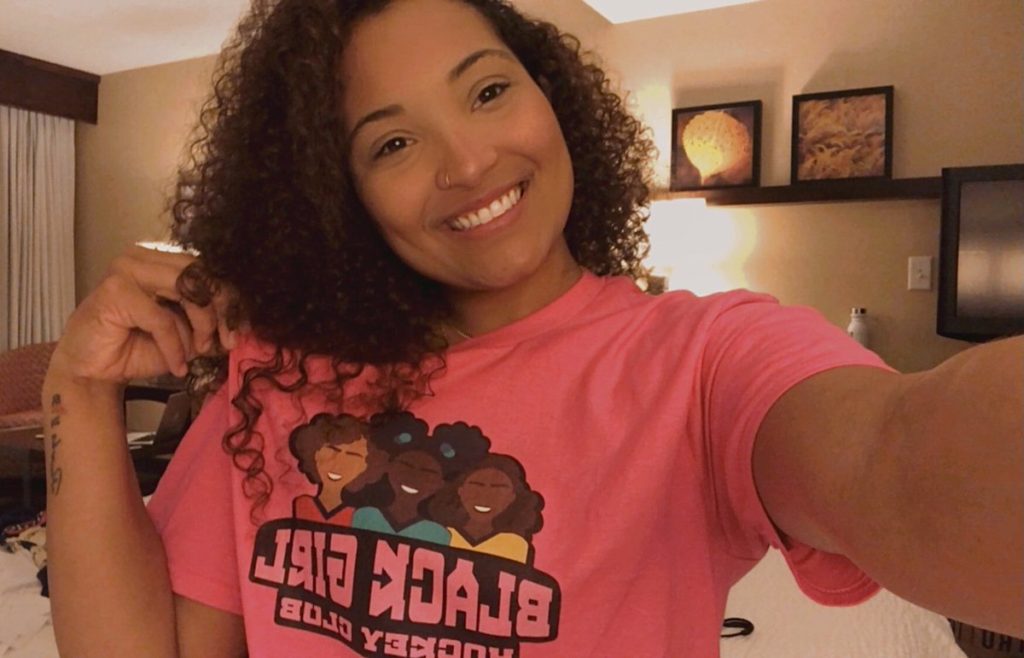
How can white people be better allies and make hockey feel more inclusive?
As of right now, I’m going to say read. It comes a hell of a lot more easy when you make an effort to educate yourself and understand why BIPOC players feel the way that they do. I think those that do come up with their opinions and say that hockey is inclusive, they simply have not read the history because if they read the history, they would know that it has not been inclusive. In that sense, I think that it’s easy for people to educate themselves. You do not need a degree from an Ivy League school. Google is free, books are everywhere now. I think that people need to make more of an effort to educate themselves on these matters.
What is your best advice for young athletes?
I would say go for it and work as hard as you possibly can and focus. I think the sooner you know what your goal is, the easier it becomes to focus on it and reach it. I’m setting multiple goals a day. It can be multiple goals. It can be one goal, but make sure you set goals and don’t be complacent in that. Push yourself to be the best player, person, teammate you can be.
Lastly, you’re a very talented artist. When/where did your love of painting come from?
My mom always says brains and beauty from my mom and athletics all from my dad. So I mean, we’ll go with that. My mom is very artistic. I grew up seeing her paintings around the house that she had done in high school and stuff like that. My mom never really painted at a high level or anything, but she is good and we do have them hanging up in certain places.
Growing up I think from probably third grade to ninth grade, I had like a year’s worth TV. So it was either, always go outside and play and get better at your sport, or go do arts and crafts and read, and do your schoolwork. So for me, I remember doing a lot of arts and crafts with my mom. A lot of painting, a lot of drawing, things like that. But then moving forward in high school, I took a lot of art classes in ninth and tenth grade, but then just kind of let it go just because I was focused on other things, focused on sports. Then I was really looking for an outlet my senior year of college.
I had a good year in terms of hockey, but not so good outside of hockey from a personal standpoint, as I was really looking for an outlet to express myself. So I was like, okay I guess I’ll pick up a paintbrush again and see what’s up.
And I mean, here we are. To be honest, I actually would consider myself a part-time artist. Now I sell my artwork out of my house. I like to see that other people value my artwork too. And I didn’t think that in any sense I would be doing that after college just because I just picked up a paintbrush probably about a year ago again, but I love doing it.
